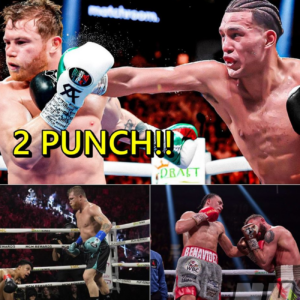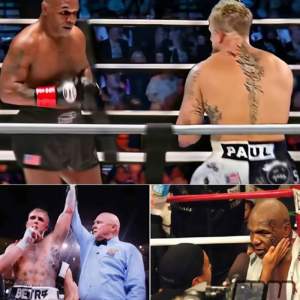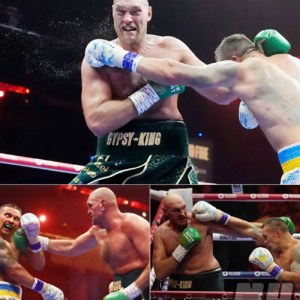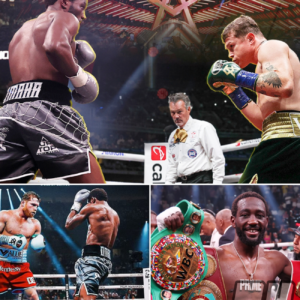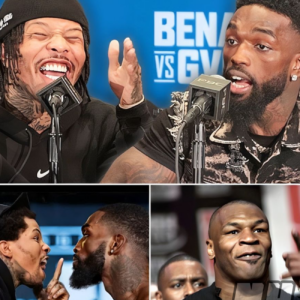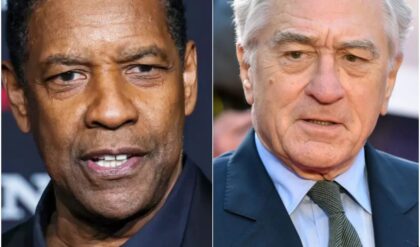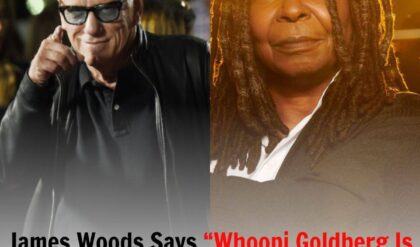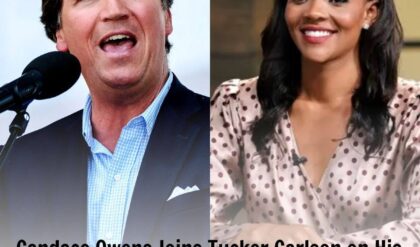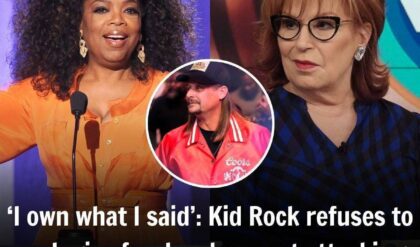In the book, you mention that we need to have some difficult conversations about hip-hop and how it can be both a positive cultural force and self-destructive. Can you explain what you mean by that?

I think about the influence of hip-hop on culture—how we talk, walk, dress, and the overall impact it has. Growing up, hip-hop significantly influenced me. We need to use hip-hop’s power and influence to empower people. For instance, albums like Kendrick Lamar’s “Mr. Morale & the Big Steppers” and Jay-Z’s “4:44” are crucial. They address important topics such as therapy, infidelity, and personal growth. These discussions are essential as hip-hop evolves from its early years into a more mature, reflective state. Over the past 50 years, hip-hop has grown up, and to maintain its relevance, it must continue to evolve and tackle significant issues.
What are your thoughts on the situation with Diddy right now?
We should focus on the issue rather than the individual. Often, the celebrity aspect overshadows the real problem. The core issue here is domestic violence. Many men do not address their pain, hurt, and unhealed trauma, which they then project onto others. This is evident in situations like Diddy’s, where unresolved issues manifest in harmful behavior.
Is it beneficial to make an example out of celebrities like Diddy?
There’s value in making an example of prominent figures, but it’s crucial to highlight the lessons learned from these situations. We should emphasize that such behavior has serious consequences and impacts legacies. For instance, when discussing Diddy, the focus should be on the implications of his actions and the broader issue of domestic violence and power dynamics.
How did you transition from being a shock jock to where you are now?
I’m 45 years old, and it’s natural to grow and evolve over time. Muhammad Ali once said, “The person who is doing the same thing they were doing at 20 has wasted 30 years of their life.” My journey has involved acknowledging my mental health challenges, seeking therapy, and working on personal growth. If we’re not growing and evolving, we’re stagnating.
You’ve also been very open about your mental health journey.
Yes, I’ve been transparent about my mental health journey, dealing with anxiety and panic attacks, and seeking therapy. This openness is essential for personal growth and breaking the stigma around mental health, especially within the hip-hop community.
What about the other allegations against Diddy?
The allegations against Diddy are serious and numerous, involving multiple women and various forms of abuse. These situations highlight the pervasive issues of power abuse and domestic violence. It’s crucial to address these problems systematically, rather than focusing solely on individual cases. The legal system often settles such cases out of court, but that shouldn’t detract from the broader conversation about abuse and accountability.
Lastly, the conversation about celebrity wrongdoing often overlooks the systemic issues.
Exactly. The focus on individual celebrities often overshadows the systemic issues at play. For instance, while Diddy’s actions are egregious, they reflect broader societal problems, such as patriarchal power dynamics and the failure of men to address their traumas. It’s important to have these discussions to create meaningful change and prevent future occurrences
News
‘ VIDEO ‘ Leaked Information Benavidez Surrendered After Receiving 2 Punches In The Nose From Canleo Alvarez ️ ️🥊✊ FULL VIDEO 👇👇
In an unexpected twist that has sent shockwaves through the boxing community, leaked information reveals that David Benavidez allegedly surrendered after receiving two powerful punches to the nose from Canelo Álvarez. The news, which emerged from a confidential source, has…
Mike Tyson Was ‘Knocked Out’ By Jake Paul After Just 2 Punches! Information Leaked.. 😱 🥊 FULL VIDEO 👇
In a stunning revelation that has taken the boxing world by surprise, leaked information suggests that the legendary Mike Tyson was “knocked out” by YouTube star-turned-boxer Jake Paul after just two punches. The news, originating from an undisclosed source, has…
Video Of Tyson Fury Successful When Only 4 Punches Killed Usyk In The Rematch Earlier Than Expected FULL VIDEO 👇👇
In an unprecedented turn of events, a video has surfaced showing Tyson Fury achieving a stunning victory over Oleksandr Usyk in their highly anticipated rematch. The footage, which has quickly gone viral, reveals that Fury managed to defeat Usyk with…
“HE’S 🐁” – Naoya Inoue Angrily Criticized Tank Davis For Being Cowardly For Not Accepting Defeat Due To His Own Ability
In a heated exchange that has sent shockwaves through the boxing community, Naoya Inoue has publicly criticized Gervonta “Tank” Davis, accusing him of cowardice for not accepting defeat due to his own abilities. Inoue’s harsh words came during a recent…
Terence Crawford Has No Doubt Who Shakur Stevenson’s Toughest Opponent Will Be
Terence Crawford has seen the skillset of Shakur Stevenson up close and personal. The two world champions are friends and occasional sparring partners despite the difference in weight, often sharpening their tools ahead of high-level title bouts. Stevenson is currently…
Gervonta Davis Talked Continuously During Heated Press Conference Faceoff Frank Martin, Proving Mike Tyson Mocking Tank Davis is ‘talkative woman’
The tension was palpable at the recent press conference faceoff between Gervonta “Tank” Davis and Frank Martin, but what stood out most was Davis’s continuous talking throughout the event. This relentless chatter seemed to reinforce Mike Tyson’s previous mockery of…
End of content
No more pages to load
